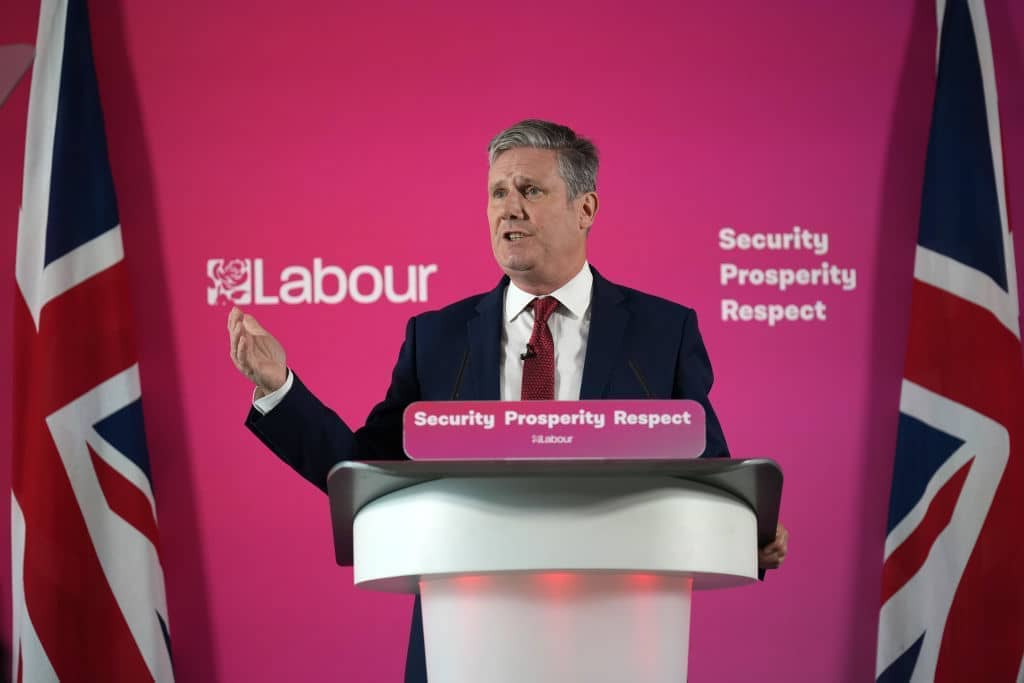Keir Starmer has given another one of his speeches that seems aimed at his own party rather than the general electorate. This one is about what Labour would do to encourage economic growth (or in his words, ‘growth, growth, and growth’). But it has garnered the most attention for a row about what the party wouldn’t do: nationalise things – a preoccupation of the left of the party, who argue that nationalising industries such as rail and water are popular policies with the electorate and sent voters Labour’s way in 2017.
At present, the Tory wars make the shadow cabinet’s grumpy tweets look like a civilised and enjoyable way of conducting politics
Shadow chancellor Rachel Reeves dropped those commitments this morning, arguing that they had been a factor in the party’s worst result since the 1930s. But then a number of her shadow cabinet colleagues kicked off, including shadow Transport Secretary Louise Haigh, who reiterated that Labour ‘is committed to public ownership of rail’. This was then assiduously retweeted by Angela Rayner, who never knowingly misses an opportunity to keep Starmer on his toes. So the party had to clarify its position again, saying Reeves hadn’t heard the word ‘rail’ in her interview, and that Labour is ‘pragmatic’ about ownership. Hmm.
Anyway, Starmer had intended to talk about this plan of his for growth, and to contrast it with the ‘Thatcherite cosplay’ of the Tory leadership contest. Of course, the Labour leader would never indulge in any kind of fancy dress as any of his predecessors: he has absolutely never been accused by his internal critics of wanting a ‘Kinnock moment’ where he faced down hecklers from the conference stage last year. Neither has he ever ended up speaking in homage to Tony Blair by claiming his three priorities are the same word repeated thrice over, as with ‘education, education, education’. So this ‘growth, growth, and growth’ speech was part of the long-term plan to frame things before the autumn party conference along with his recent ‘Brexit opportunities’ speech. This one was designed to deal with the technical details around a plan for growth, including five guiding principles. They are: 1. ‘We will be financially responsible’; 2. ‘We will be distinctively British’; 3. ‘We will work in partnership with business’; 4. We will re-energise communities and spread economic power’; 5. ‘We will refocus our investment on boosting productivity’.
The strategy here is to set out the technical details in a way that explains the growth plan to the party, then move to a speech at conference that speaks to the country and talks less about growth and more about fixing the country. This would then take Labour into an election campaign. The problem though is that for a party to get its message across to the country during its own conference, let alone during the noise of an election campaign, it needs to have just one message, not a row between frontbenchers about who is right. The luxury that Starmer has at present is that the Tory wars make a series of grumpy tweets from the shadow cabinet look like a civilised and enjoyable way of conducting politics. But it might not always be that way.







Comments